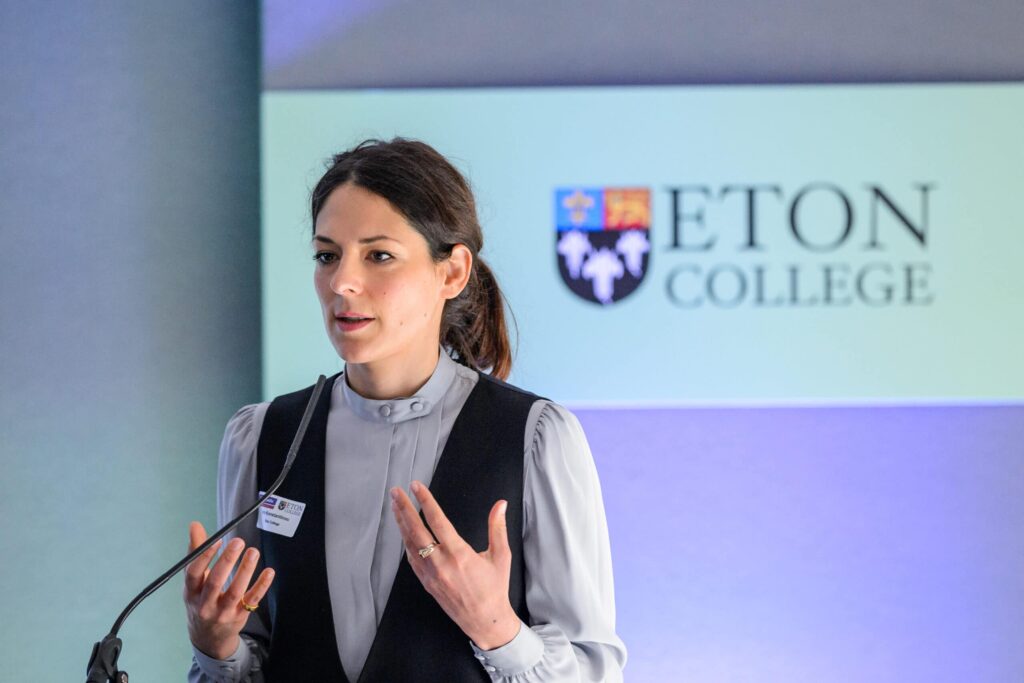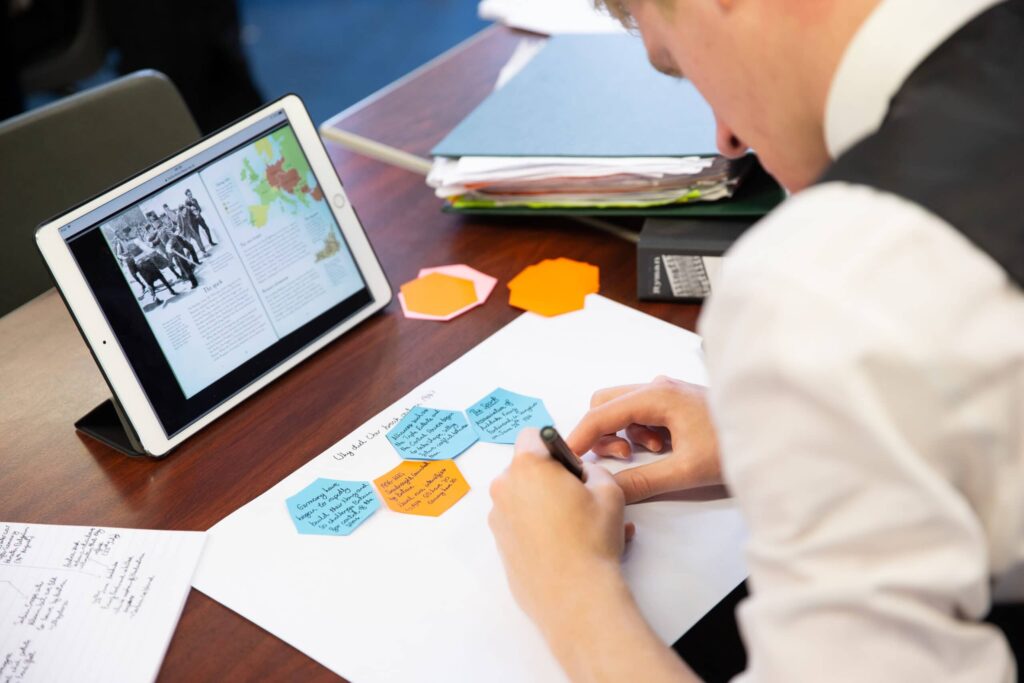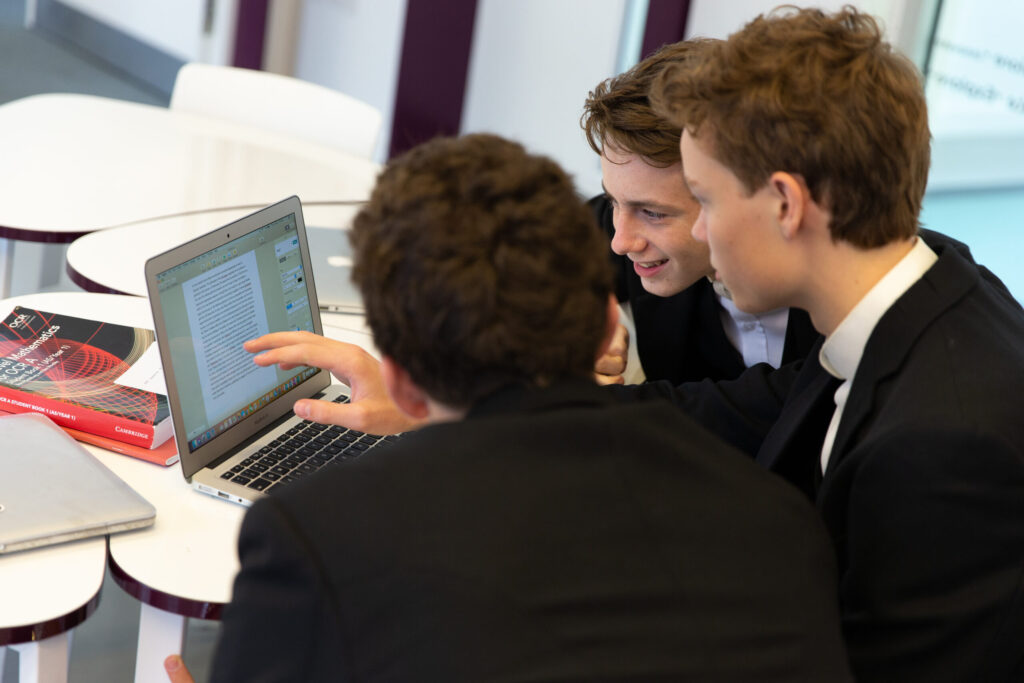Bradley Busch, using his experience as a chartered psychologist, has spent years reviewing the research into the psychology and science of learning. He has explored the use of cognitive research in teaching, specifically looking at how best to help students and teachers improve how they think, learn and perform. In his webinar for CIRL Bradley focused on presenting what the research says about what questions to ask, when to ask them and how to maximise the quality and quantity of responses that students give. In his book, The Science of Learning (2019), co-authored with Edward Watson, Bradley makes accessible to teachers the highlights of key research papers looking at teaching and learning.
There is a strong trend currently to focus on retrieval practice and its benefits in the classroom. If nothing is done to embed new memories within the 24 hours after learning them, most of what is learnt will be forgotten. The benefits of retrieval practice are therefore a given. What we need to explore further is the science of questioning and how this can activate retrieval and memory.
To do this it is important to look at four distinct areas of questioning:
- The level of difficulty of the questions
- The specific vs general nature of questions
- The timing of questions
- Getting an answer
Level of Difficulty – based on the illusion of learning, when we overestimate how much we know, Bradley explains that easy questioning is fun and is perceived as more effective by students; however, those who are asked easier questions remembered less than those asked harder questions. It is therefore important to focus on ‘difficult but successful’ questioning. Students need to think hard, but they also need a degree of success in their answers so they do not disengage. This can however be hard to balance within a mixed–ability class, and it may take a while to gauge the right level of questioning with a particular group of students.
Specific vs General – Bradley explained that there was some contradictory research regarding this question. One paper by Eitel et al (2021) looked at the recall rate of groups who were asked specific questions vs those who were asked general questions. The findings showed that those asked specific questions were more likely to recall the important information than those who were asked general questions. This study also introduced seductive details to one of the sample groups, and it was found that within this group, it was these details that were more often recalled when asked general questions. So, there is a place for seductive details, but they shouldn’t be the overriding point of the lesson. The important question to ask is: what information do you want your students to remember and how often does that need to be done in order to retrieve the information? As there is so much content to cover in the curriculum it is tempting to move on, but actually revisiting is more important.
Timing your Questions – Carpenter & Toftness (2017) introduce the concept of pre-questions: asking a question before teaching the content. This framing of the learning objective as a question increases the recall by almost 50%. The potential reasons for this could be that it focuses the attention on the information which is about to be delivered. The study also found that this process improved the students’ memory of the rest of the lesson too. It does not however work when the learner is controlling the pace of the lesson, only when the teacher is controlling the pace. If, however, the pre-question is too easy or too hard, it has the opposite effect, and can disengage learners. A further study by Pressley, McDaniel, Turnure, Wood and Ahmed (1987) outlines the concept of elaborative interrogation. Asking a question as part of the learning process helps to transfer learning from working memory to long term memory. As a good example for lessons, the teacher could ask: why would this be so for x, but not for y?
In summary:
- How can you use pre-questions more?
- How can you use elaborative interrogation more?
- How do these work for particular groups of students and for different subjects?
Getting an Answer – this is an important topic. Look at how to avoid students saying, ‘I don’t know the answer’. Bradley outlined two different techniques: cold-calling and wait times. A study on cold-calling (Dallimore et al., 2012) showed that classrooms that used lots of cold-calling increased the percentage of students who voluntarily answered questions to almost 90%. Despite the concerns over cold-calling stressing students, it appears that when used consistently, this practice actually liberates students. It becomes the norm, thereby increasing psychological safety. Using names effectively along with pauses in response time improves the recall for all students. Although there is no optimal wait time it is clear that the average wait time is too fast. One study says three seconds is a good time, which influences both the quantity and the quality of responses. Bradley also touched on the main reasons teachers rush wait times.
Bradley concluded his webinar by saying there is still a great deal we do not know about retrieval and memory methods, but what we do know is that retrieval does improve memory. He also signposted lots of resources on the InnerDrive website.




